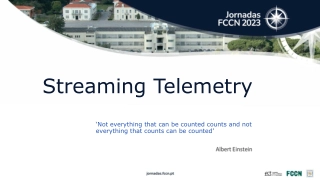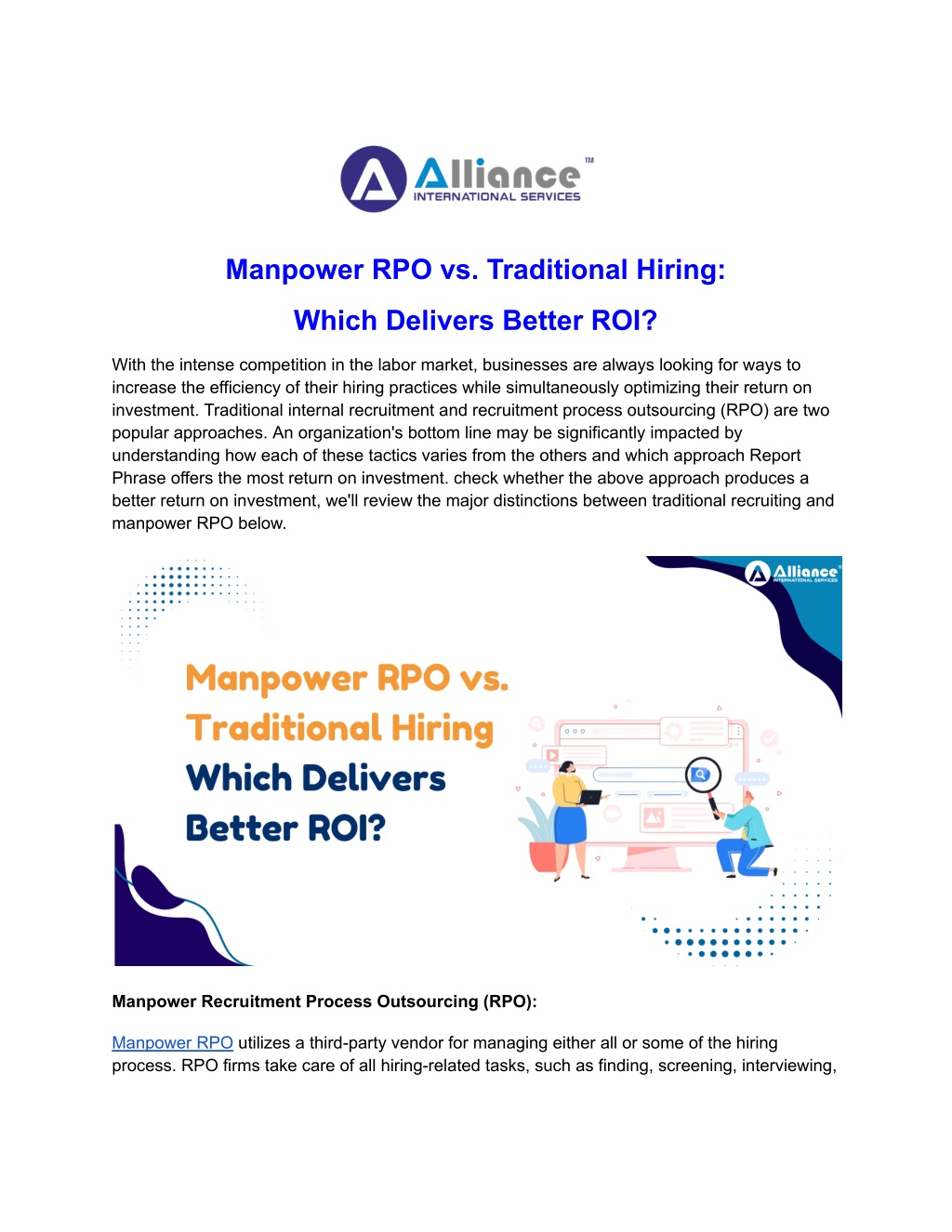
Manpower RPO vs. Traditional Hiring Which Delivers Better ROI
Manpower RPO vs. Traditional Hiring Which Delivers Better ROI
Download Presentation
Please find below an Image/Link to download the presentation.
The content on the website is provided AS IS for your information and personal use only. It may not be sold, licensed, or shared on other websites without obtaining consent from the author. Download presentation by click this link. If you encounter any issues during the download, it is possible that the publisher has removed the file from their server.
Presentation Transcript
Manpower RPO vs. Traditional Hiring: Which Delivers Better ROI? With the intense competition in the labor market, businesses are always looking for ways to increase the efficiency of their hiring practices while simultaneously optimizing their return on investment. Traditional internal recruitment and recruitment process outsourcing (RPO) are two popular approaches. An organization's bottom line may be significantly impacted by understanding how each of these tactics varies from the others and which approach Report Phrase offers the most return on investment. check whether the above approach produces a better return on investment, we'll review the major distinctions between traditional recruiting and manpower RPO below. Manpower Recruitment Process Outsourcing (RPO): Manpower RPO utilizes a third-party vendor for managing either all or some of the hiring process. RPO firms take care of all hiring-related tasks, such as finding, screening, interviewing,
and onboarding. They provide specialized expertise, cutting-edge technology, and an expandable workforce to help firms hire more effectively. Recognizing Traditional Hiring On the other hand, traditional hiring entails running the hiring procedure internally. Posting job advertisements, finding applicants, holding interviews, and managing internal onboarding are all included in this. Using internal resources and instruments, the in-house HR staff or specialized recruitment department is in charge of these operations. Important Variations and ROI Elements: 1. Economy of Cost Manpower RPO: Two examples of the variable price choices that RPO providers typically offer are pay-per-hire and monthly retainer. By utilizing economies of scale, they can lower the cost per hire. The amount of administrative overhead is reduced by the use of cutting-edge technology and efficient procedures. Traditional Hiring: Hiring internally frequently entails large fixed costs, including as compensation for human resources personnel, posting job openings, and recruiting tools. When hiring demands change, the expenses may go up, which could result in inefficiencies when hiring is slow. Impact on ROI: RPO usually offers greater cost-effectiveness, particularly for companies with irregular or high employment needs. RPO can yield a higher return on investment because to its scalability and cost-effectiveness in contrast to the fixed expenditures of traditional hiring. 2. Time-to-Hire Manpower RPO: RPO providers use advanced technologies and specialist recruitment teams to expedite the hiring process. By quickly increasing resources to meet last-minute employment needs, they can significantly reduce the time-to-hire.
Traditional Hiring: Internal teams might not be able to swiftly scale their resources. Because of administrative work and multitasking, the hiring process may take longer. ROI Impact: Shorter hiring cycles with RPO cut down on open positions and minimize lost productivity, which raises ROI. 3. The caliber of the hired labor Manpower RPO: RPO businesses have access to extensive personnel networks and employ sophisticated sourcing techniques. To guarantee top-notch hires, they make use of data-driven screening and assessment technologies. Traditional Hiring: The knowledge and resources of the internal team might influence the quality of hire. Hire quality may be impacted by restricted access to more talent pools and sophisticated screening techniques. ROI Impact: Improved job performance and retention rates stem from higher-quality hires made through RPO, which raises ROI overall. 4. Flexibility and Scalability Manpower RPO: From high-volume hiring to specialized roles, RPO providers offer scalable solutions that can adjust to changing hiring demands. They can swiftly modify their tactics and resources in response to changes in the market. Traditional Hiring: Scalability issues may arise for in-house teams, particularly in the event of organizational or employment booms. It can be difficult to quickly adjust to market needs in the absence of extra resources. Impact on ROI:
RPO's scalability and flexibility enable more effective resource allocation and adaptation, which improves ROI. 5. Innovation and Technology Manpower RPO: RPO companies make investments in the newest technology for hiring, including as artificial intelligence (AI), automation, and data analytics. They constantly innovate to enhance applicant experiences and recruitment procedures. Traditional Hiring: Internal teams might not have the money to invest in cutting-edge hiring tools. Keeping up with the most recent advancements might be difficult. ROI Impact: RPO services increase recruitment efficacy and efficiency by using state-of-the-art technology, which raises ROI. Experience of Candidates Manpower RPO: From application through onboarding, RPO providers prioritize providing a smooth and satisfying candidate experience. Throughout the process, they employ technology to keep candidates informed and involved. Traditional Hiring: Depending on the resources and experience of the internal staff, candidate experience may differ. Manual procedures could result in communication that is less efficient and delayed. Impact of ROI: A better return on investment is achieved by attracting top personnel and enhancing employer branding through a superior candidate experience provided by RPO. Conclusion Both regular hiring and manpower RPO have advantages, but RPO frequently outperforms manpower RPO in terms of generating a higher return on investment. RPO services' cost-effectiveness, faster time to hire, enhanced candidate experience, scalability, state-of-the-art technology, and higher quality of recruits all contribute to a more successful and productive hiring process.
Collaborating with Alliance International Manpower RPO can significantly impact organizations seeking to optimize their talent acquisition tactics and attain superior return on investment. Contact us today to get started! +91 8980018741 sales@alliancerecruitmentagency.com www.alliancerecruitmentagency.com











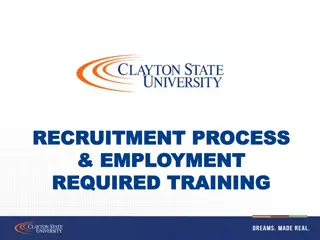








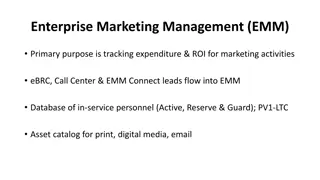






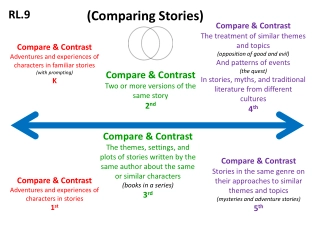







![Key Stakeholder Issues on PDAL Bill [B8 2021] 24 October 2023](/thumb/88726/key-stakeholder-issues-on-pdal-bill-b8-2021-24-october-2023.jpg)







